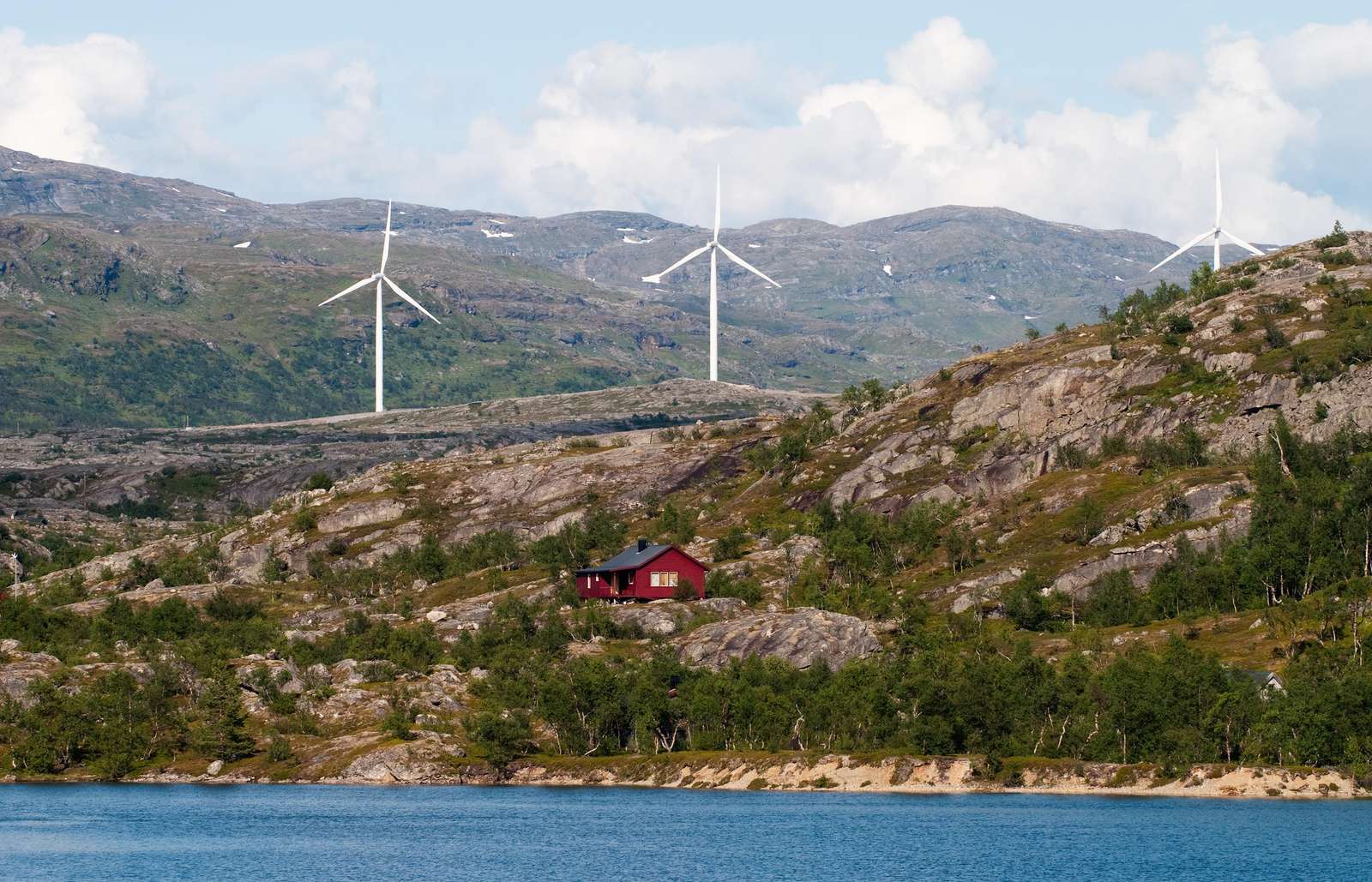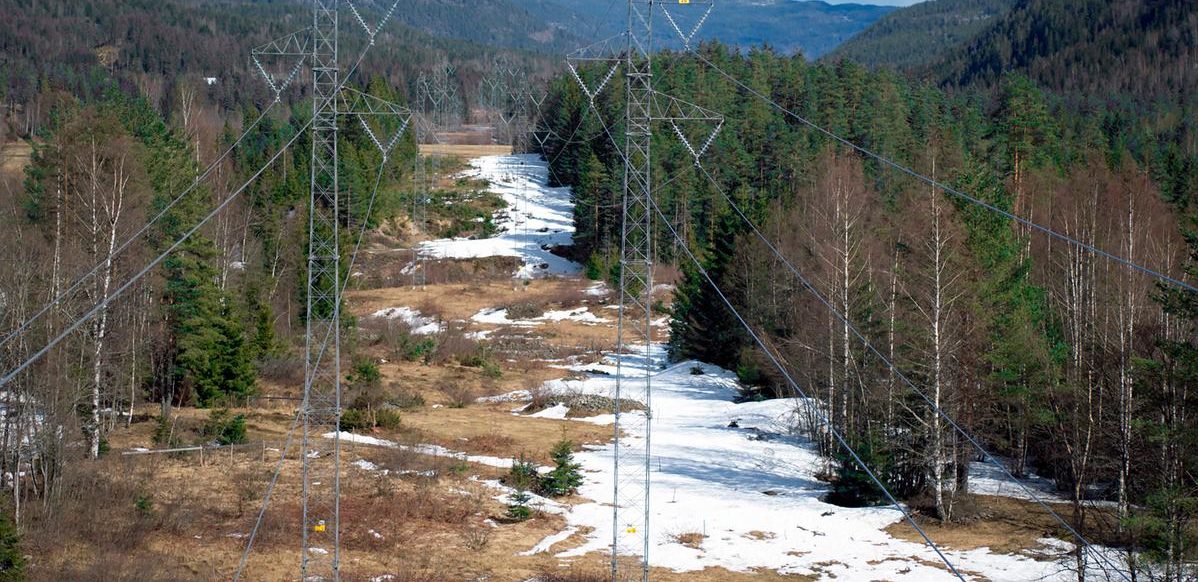On September 26 Deputy Prime minister, Minister of Economics of the Republic of Latvia, Mr Arvils Ašeradens, signed the memorandum, and on September 28 the Estonian Minister of Economic Affairs and Infrastructure, Ms Kadri Simson, along with Nordic Energy Research CEO, Hans Jørgen Koch, added their signatures in Tallinn.
Once all three Baltic countries have signed the memorandum the process of launching a 2.4 million Euro collaborative energy research programme between Nordic Energy Research and the Baltic countries will begin.
The program will be 50% funded by Nordic Energy Research (an organisation under the auspices of the Nordic Council of Ministers), and 50% by the Baltic governments.
There are three central aims for the programme:
- To promote intra-Baltic and Baltic- Nordic energy research projects with participation of Baltic researchers.
- Create a Baltic- Nordic PhD collaboration programme.
Foster an exchange of energy research between the Baltic and Nordic countries.
By launching this initiative we are taking an important step in creating a better exchange of ideas and knowledge between the Nordics and Baltics. This co-operation will be vital if both regions are to remain globally competitive and energy-secure in the years to come, said Hans Jørgen Koch, CEO of Nordic Energy Research.
The memorandum of understanding, once finalised, will help pave the way for further research cooperation between the Nordics and Baltics and build upon the success of the Baltic Energy Technology Scenarios project.
Background: The Baltic Energy Technology Scenarios project
On April 26th of this year, Nordic Energy Research published a report that laid the groundwork for further cooperation on energy between the Nordic and Baltic countries, by indicating possible areas for future research.
The report “Baltic Energy Technology Scenarios 2018” (or “BENTE”) explores the changes in the Baltic countries’ energy systems: What are the drivers and their impacts for the following decades? What would be required for the Baltic countries to meet their climate and energy targets in 2030, and what developments would lead the Baltics towards a 2°C pathway?
Two of the conclusions from the BENTE report are; that the Baltic countries could achieve proposed renewable energy targets using domestic resources; and that renewable energy is becoming the cheapest option for new electricity generation.
BENTE was created in cooperation between Nordic Energy Research and researchers from the Technical Research Centre of Finland, Ea Energy Analyses (Denmark), Tallin University of Technology, The Institute of Physical Energetics (Latvia), the Lithuanian Energy Institute, and Riga Technical University.









